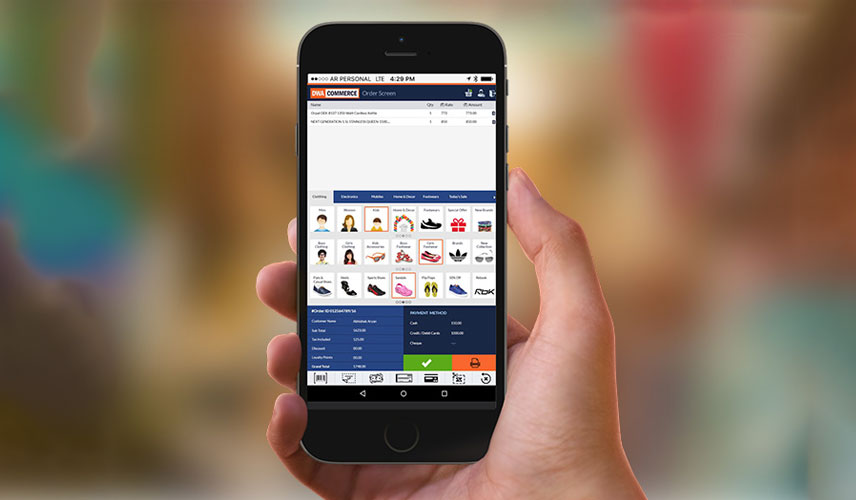What is a Unified Commerce Platform

A unified commerce platform is a system that integrates all aspects of an organization's e-commerce and brick-and-mortar sales channels into a single, centralized platform. The following are some common features of a unified commerce platform:
Order Management: The platform should provide a centralized view of all orders, including those placed online, in-store, or over the phone.
Inventory Management: The platform should give real-time visibility into the organization's inventory levels, across all sales channels.
Customer Management: The platform should provide a centralized customer database, allowing the organization to manage customer information and track customer interactions across all sales channels.
Payment Processing: The platform should support multiple payment methods, including credit cards, net-banking, and others, and should be able to handle secure payment processing.
Shipping and Fulfillment: The platform should be able to calculate shipping costs, generate shipping labels, and provide tracking information to customers.
Mobile Compatibility: The platform should be mobile-friendly, allowing customers to place orders and access their account information from a mobile device.
Analytics and Reporting: The platform should provide insights into key performance metrics, such as sales, conversion rates, and customer behavior, and should be able to generate reports for management.
Marketing and Promotions: The platform should provide tools for creating and managing promotions, such as coupons and discounts, and should be able to track the success of these promotions.
Customer Service: The platform should include features for managing customer service inquiries, such as a ticketing system or live chat, and should provide a centralized view of customer service interactions.
Integrations: The platform should be able to integrate with other systems, such as a CRM, ERP, or accounting software, to provide a seamless experience for the organization and its customers.

Channel Partner and Freelance Opportunity







